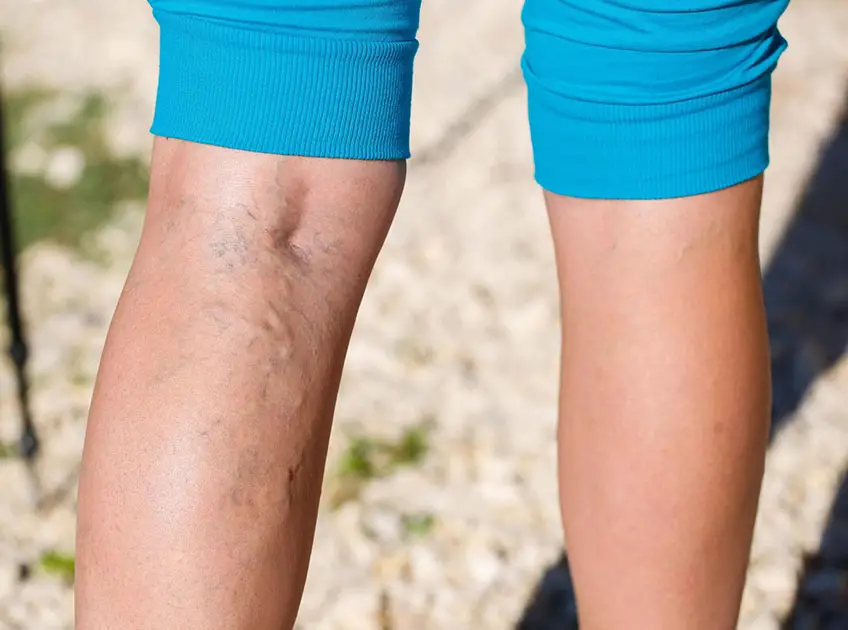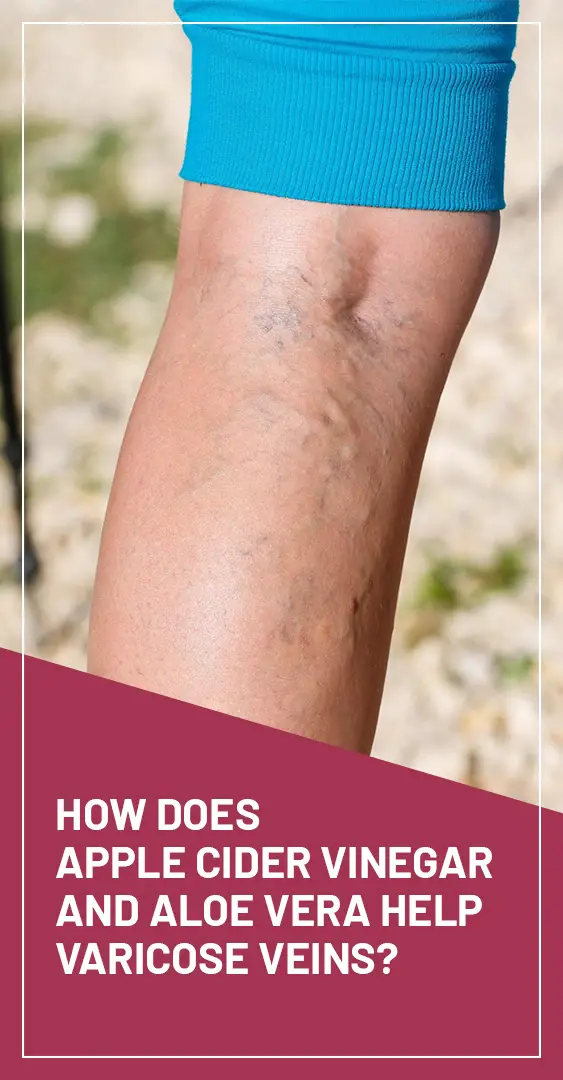
Important: This article is for informational purposes only. Please read our full disclaimer for more details.
Varicose veins are generally a cosmetic issue and may appear often in women during pregnancy. They may cause pain or discomfort and there are surgeries for correcting these but if you are looking for non-invasive processes, try the home remedies which are safe and help in enhancing blood circulation, reducing swelling and relieving pain. Let us see one such method of treating varicose veins.
Apple Cider Vinegar and Aloe Vera for Varicose Veins
Apple cider vinegar improves blood flow and circulation. It’s also supposed to cleanse the body of accumulated toxins. Aloe Vera can have many benefits on varicose veins. The gel can relieve itchiness, which is a problem in patients with varicose veins. It can also reduce swelling and reduce pain. When massaged into the skin, aloe vera may improve blood circulation.
Ingredients:
- Apple cider vinegar: 1/2 cup
- Carrot-1
- Aloe vera- the same amount as carrot
Process of Preparing:
- Blend the carrot to get a smooth mixture. To it, add aloe vera gel, the same amount as the carrot puree and mix apple cider vinegar with it.
- Blend them to form a smooth paste that has a consistency enough to spread in the dark circles.
- Use your fingers for applying the mixture to varicose veins.
- Massage it from your ankles to calves upwards.
- Let it stay for about 30 minutes before washing off with warm water.
- Apply it every day after getting home.
Tip: Make sure to follow a balanced diet and do exercise for better results.
After trying the above method for some days, if you don’t see any improvements, and the condition remains the same or worsens, stop using it and consult the doctor to know the right remedy for the varicose veins.
Recommended Topics:
- How Does Apple Cider Vinegar Help Varicose Veins
- Best Exercises to Prevent Varicose Veins
- Yoga Asanas to Treat Varicose Veins
- Apple Cider Vinegar Shots: Benefits and Recipes
- 9 Foods that Improve Circulation and Vein Health
















